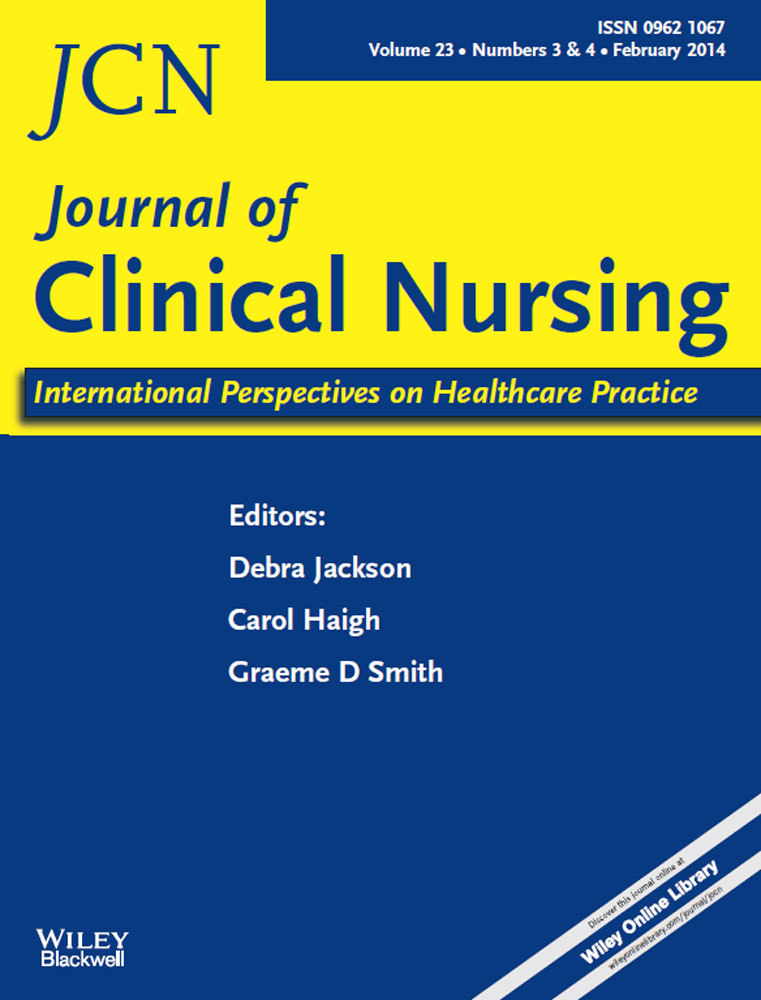A qualitative study of the relationships between residents and nursing homes nurses
Abstract
Aims and objectives
To explore the relationships between residents and nurses in Spanish nursing homes.
Background
The nurses are one of the elements conditioning the life of the nursing home resident, influencing sense of security and mediating the relationships among residents.
Design
A qualitative phenomenological approach was applied.
Methods
An initial purposeful sampling of Spanish residents from nursing homes in the southern area of Madrid was conducted. The study included nursing home residents, aged 60 and over, with no cognitive impairment and who were able to communicate verbally in Spanish. Data were collected using unstructured and semi-structured interviews, researcher field notes, and personal diaries and letters from the residents. Data collection was concluded once theoretical saturation was reached, and data were analysed using the Giorgi proposal.
Results
Two main themes emerged: (1) ‘meeting the nursing home nurses,’ residents interact with nurses and establish relationships with them. The relationship is perceived as positive yet distant, and at times it is difficult to establish a closer relationship; and (2) ‘managing relationships with the nursing home nurses,’ residents learn to manage their relationships with the nurses, acquiring new behaviours to get closer to them, avoiding confrontations and helping each other.
Conclusions
Residents manage their relationships with nurses using multiple behavioural strategies. They perceive these adjustments as necessary to facilitate daily life or avoid problems and/or confrontations. Deepening the relationships between residents and nurses could improve the management of nursing homes.
Relevance to clinical practice
Dialogue and active listening with residents must be incorporated into the daily nursing care. It should be given the same attention to all residents, with special attention to residents with cognitive and functional difficulties.




